Why the Northern rail franchise is being nationalised
The franchise has been crippled by years of delays and cancellations

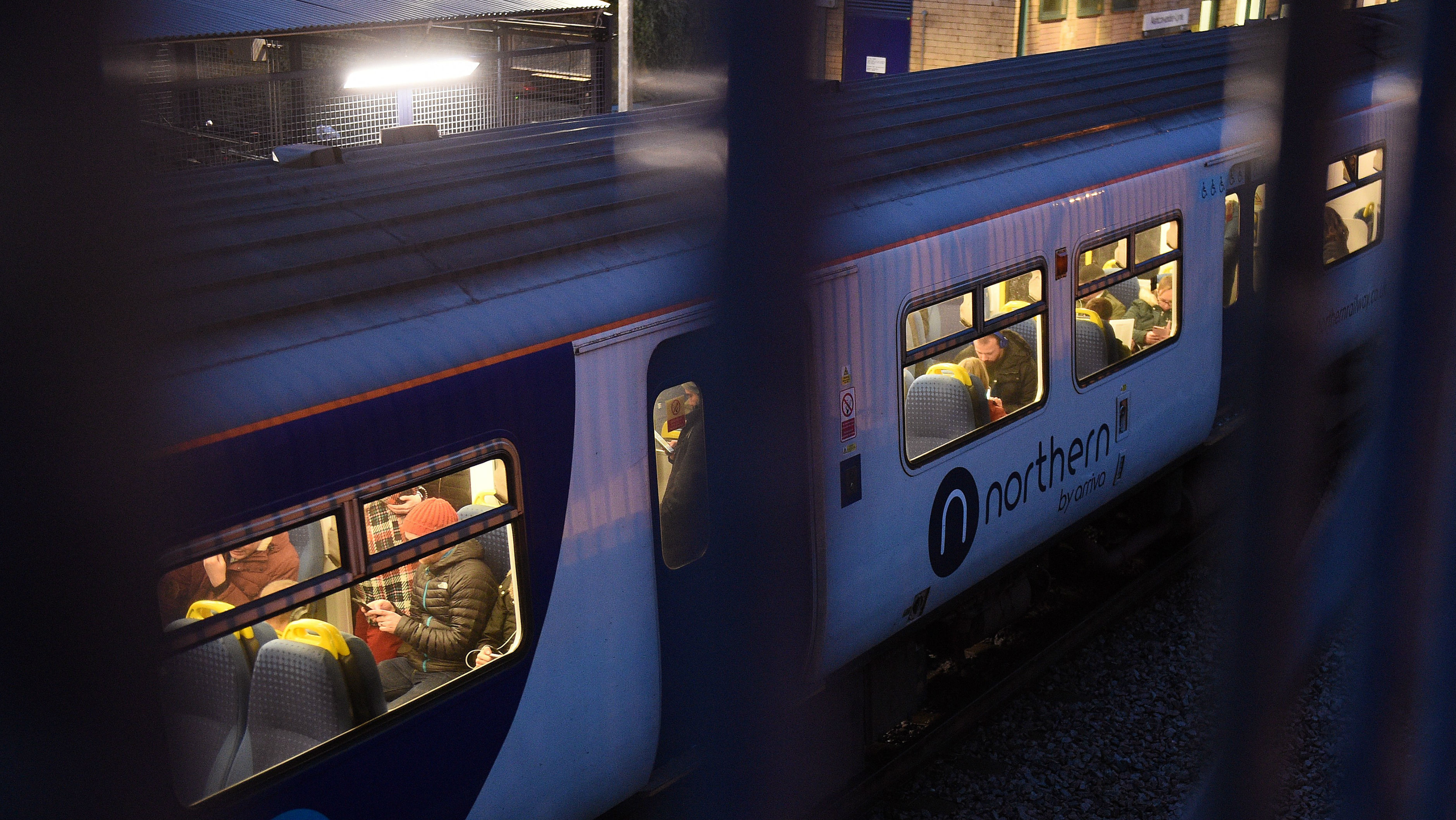
A free daily email with the biggest news stories of the day – and the best features from TheWeek.com
You are now subscribed
Your newsletter sign-up was successful
Transport Secretary Grant Shapps has announced that the government will be nationalising Northern rail, stripping Arriva UK Trains of its franchise, with the service to be brought under public control on 1 March.
The decision follows two years of travel chaos on Northern rail routes, and means that Arriva’s contract is to be terminated five years early.
“The service provided by the rail network in the north has failed to meet the needs of passengers. People across the north deserve better, their communities deserve better and I am determined to achieve that,” said Shapps.
The Week
Escape your echo chamber. Get the facts behind the news, plus analysis from multiple perspectives.

Sign up for The Week's Free Newsletters
From our morning news briefing to a weekly Good News Newsletter, get the best of The Week delivered directly to your inbox.
From our morning news briefing to a weekly Good News Newsletter, get the best of The Week delivered directly to your inbox.
Arriva, a subsidiary of German rail company Deutsche Bahn since 2010, runs trains to destinations including Manchester, Leeds and Newcastle, servicing more than 500 stations north of Derby, but has increasingly been the subject of northerner’s ire since it was awarded the franchise in 2016.
Only on Tuesday, the National Rail Passenger Survey concluded that Northern passengers were the least satisfied in the UK, while protests have been held since Christmas in Manchester Victoria station at the extent of the delays and interruptions.
Figures from the Office of Rail and Road show that, in the last quarter, only 56% of Northern services were on time.
Arriva’s defence
A free daily email with the biggest news stories of the day – and the best features from TheWeek.com
Speaking three weeks ago, as rumours of the government’s decision began to surface, Chris Burchell, Arriva’s managing director of UK Trains, outlined his defence of Northern, which receives the country’s largest state subsidy - £763m in 2019.
“Many of the issues affecting the franchise… are outside the direct control of Northern. Assumptions were given when the plan for the franchise was developed that critical infrastructure projects would be delivered to enable growth and support capacity demands,” he said.
“Many of these have either been delayed or cancelled. This, along with unprecedented levels of strike action, has had a significant impact on the franchise - both in terms of service and financial performance. These challenges will continue to affect services irrespective of who is running them.”
Shapps acknowledged this to some extent during his announcement yesterday. “This is a new beginning for Northern, but it is only a beginning. Northern’s network is huge and complex - some of the things which are wrong are not going to be quick or easy to put right,” he said.
Nevertheless, he vowed swift action, saying: “I am determined that Northern passengers see real and tangible improvements across the network as soon as possible.”
Political dynamics
Wigan MP and Labour leadership candidate Lisa Nandy announced her support for the move, but suggested it had come too late.
“For years Northern passengers have put up with chaos and misery on the railways,” she said. “People have given up jobs, lost time with their families and faced sanctions at work.”
The decision to nationalise Northern falls against a backdrop of post-election politics. Ministers have been debating whether and how to modify plans for HS2, and northerners fear they could be victims of cuts to the high-speed line, while at the same time looking to follow through on election promises to “level up” the regions post-Brexit.
These plans include proposals to open up some of the lines cut during the Beeching closures of the 1960s.
“Blyth Valley, a former Labour stronghold in the north-east that turned Conservative in the election and presaged the collapse of the ‘red wall’, is likely to be among the first places to benefit from the reopening of passenger services,” reports The Guardian.
The Financial Times notes that the Conservatives “have been vehement critics of Labour’s plans to take the entire system gradually into state control, which they have criticised as 1970s-style dirigiste interventionism”.
–––––––––––––––––––––––––––––––For more political analysis - and a concise, refreshing and balanced take on the week’s news agenda - try The Week magazine. Get your first six issues free–––––––––––––––––––––––––––––––
What does this mean for rail privatisation?
The nationalisation of Northern undoubtedly represents a huge setback for proponents of rail privatisation in the UK.
Begun in the 1990s, privatisation has seen rail journeys soar and a massive increase in freight carried by rail, but it has had difficulties more recently as infrastructure has strained, unions have gone on strike, and ticket prices have risen.
“Northern has become a signal for everything that is wrong on Britain’s broken, privatised railways,” said Mick Cash, general secretary of Britain’s largest rail union RMT.
“The return of Northern to the public domain, joining the East Coast Main Line, should not be seen as a short term fix and a holding operation pending another punt on another bunch of private speculators. This has to be a permanent move followed up with the investment and planning needed to deliver the rail services that passengers deserve after years of privatised chaos.”
William Gritten is a London-born, New York-based strategist and writer focusing on politics and international affairs.
-
 The environmental cost of GLP-1s
The environmental cost of GLP-1sThe explainer Producing the drugs is a dirty process
-
 Greenland’s capital becomes ground zero for the country’s diplomatic straits
Greenland’s capital becomes ground zero for the country’s diplomatic straitsIN THE SPOTLIGHT A flurry of new consular activity in Nuuk shows how important Greenland has become to Europeans’ anxiety about American imperialism
-
 ‘This is something that happens all too often’
‘This is something that happens all too often’Instant Opinion Opinion, comment and editorials of the day
-
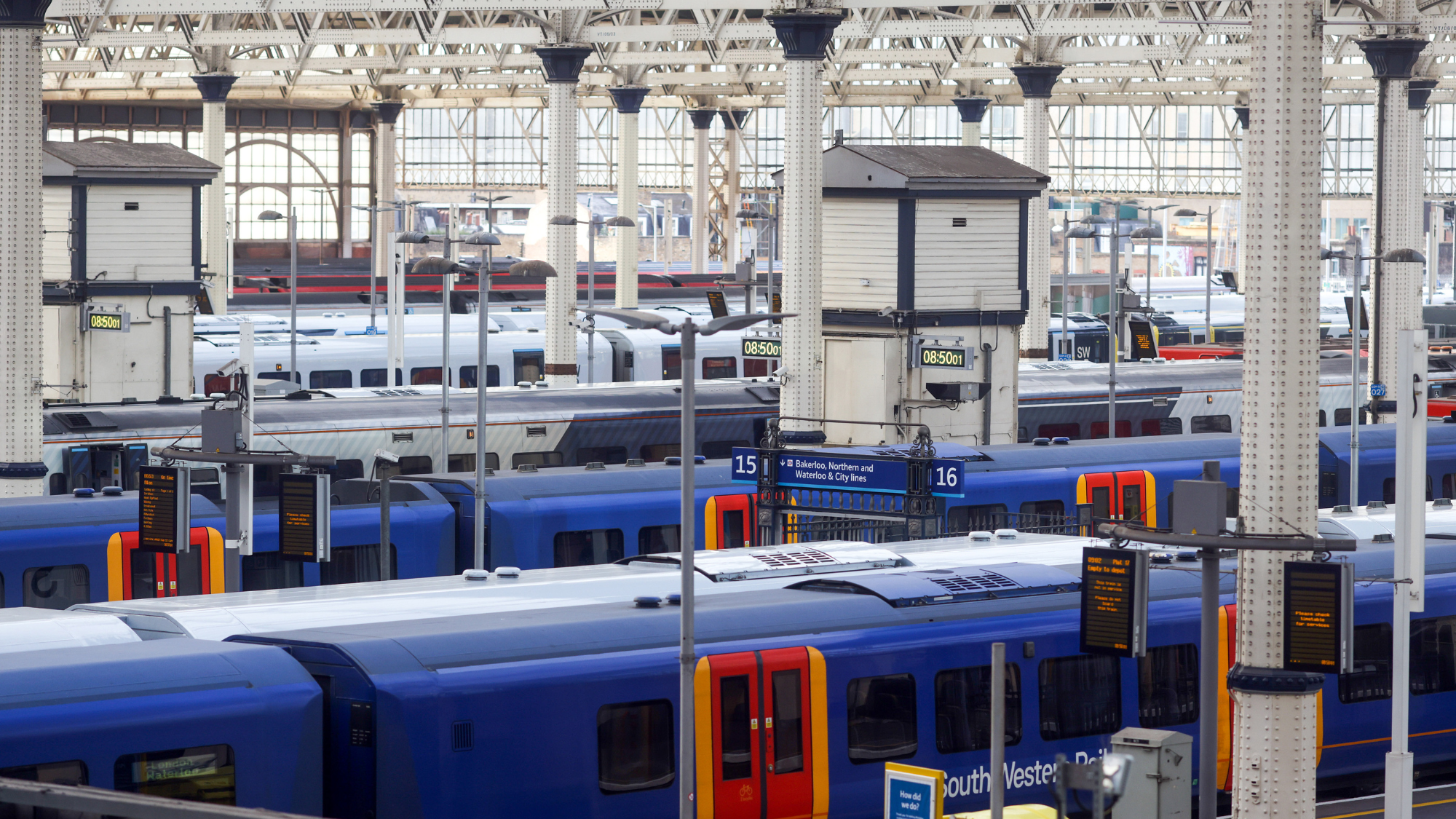 Is it finally all change for train Wi-Fi?
Is it finally all change for train Wi-Fi?In The Spotlight South Western Railway's 5G Wi-Fi service has changed the way passengers connect – but will the new system catch on?
-
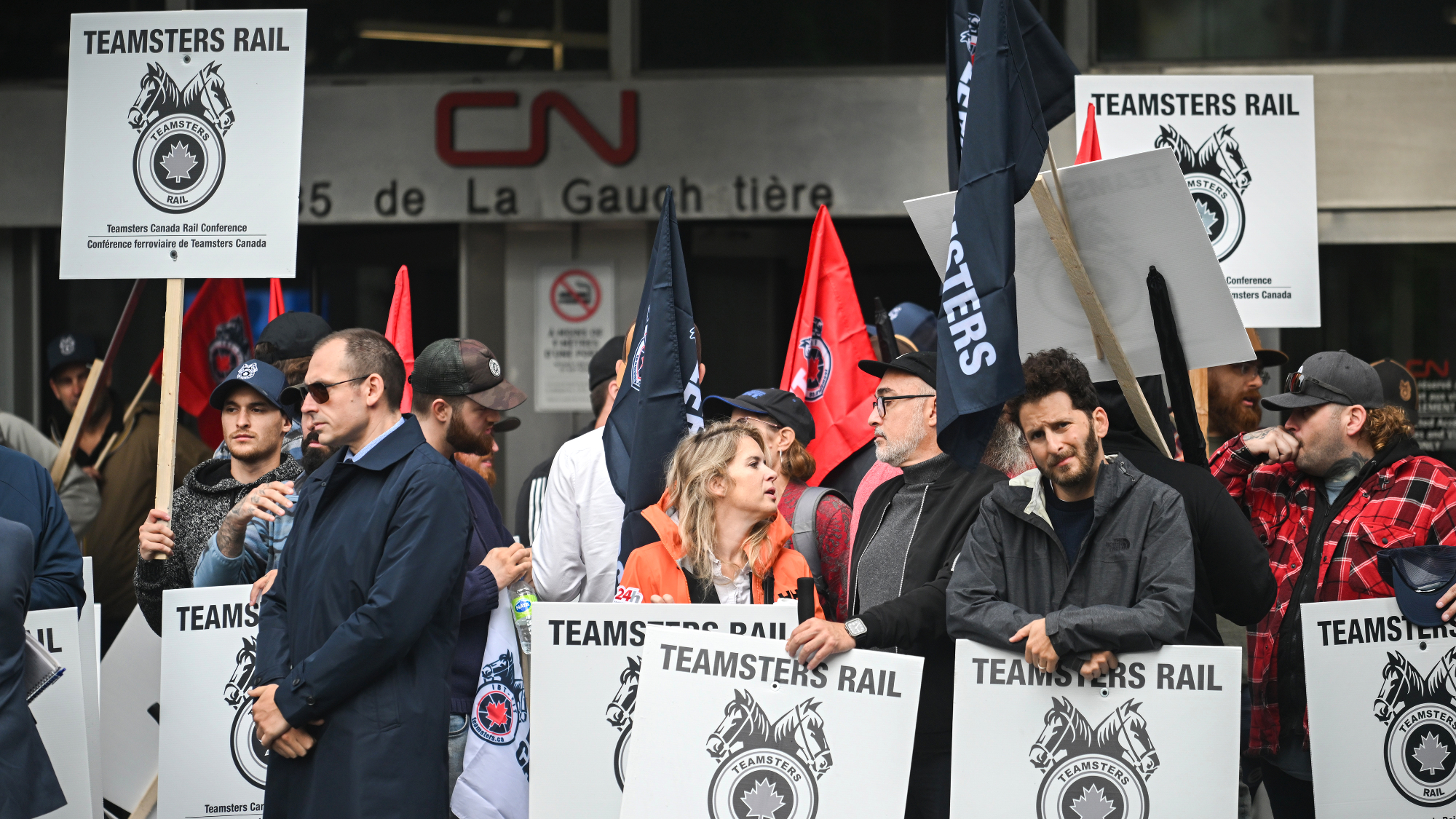 Brief Canada rail lockout ends with arbitration
Brief Canada rail lockout ends with arbitrationSpeed Read A prolonged shutdown could have threatened the country's supply chain
-
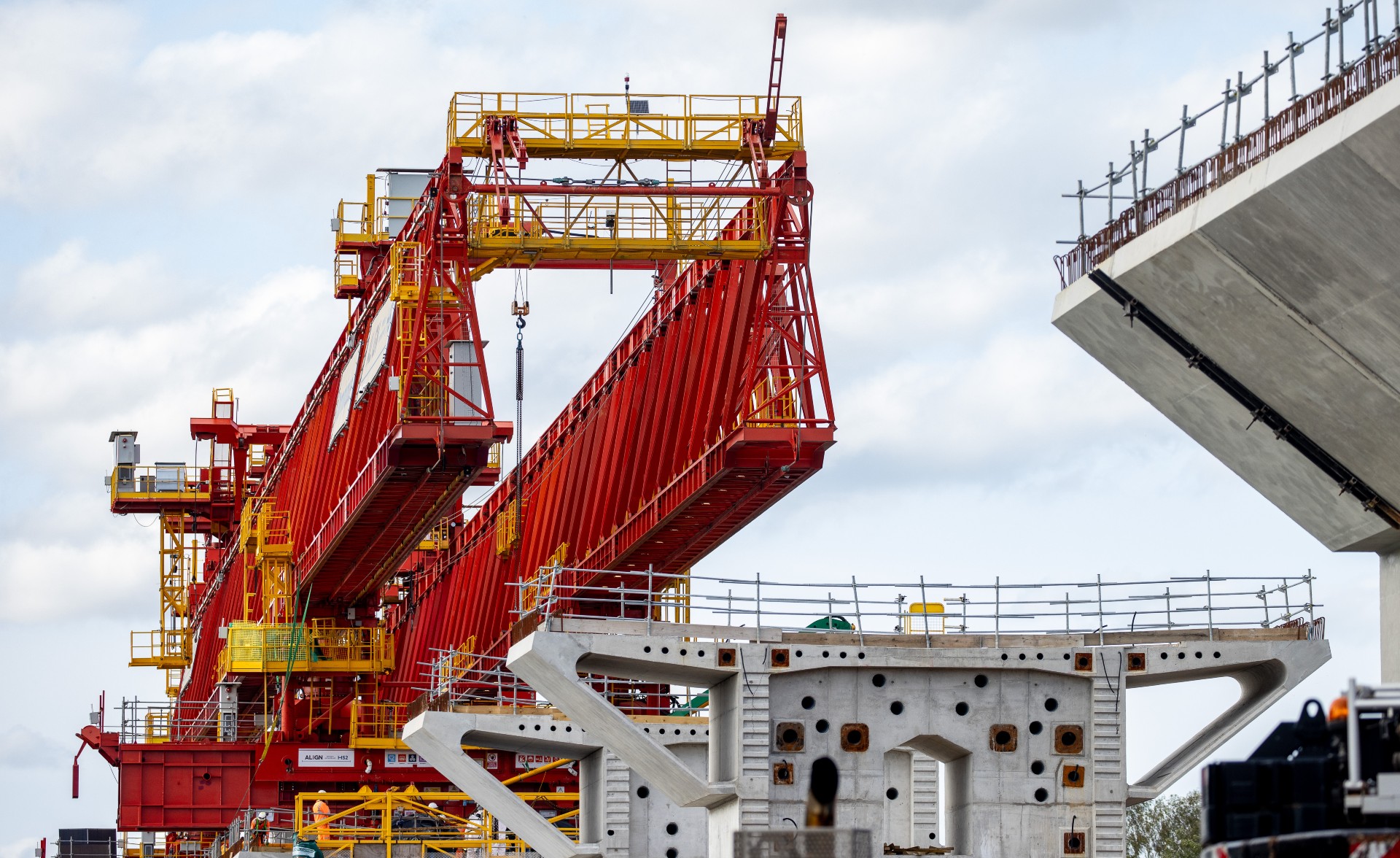 HS2: a runaway train
HS2: a runaway trainTalking Point PM may cut Manchester to Birmingham line of beleaguered rail project due to spiralling costs
-
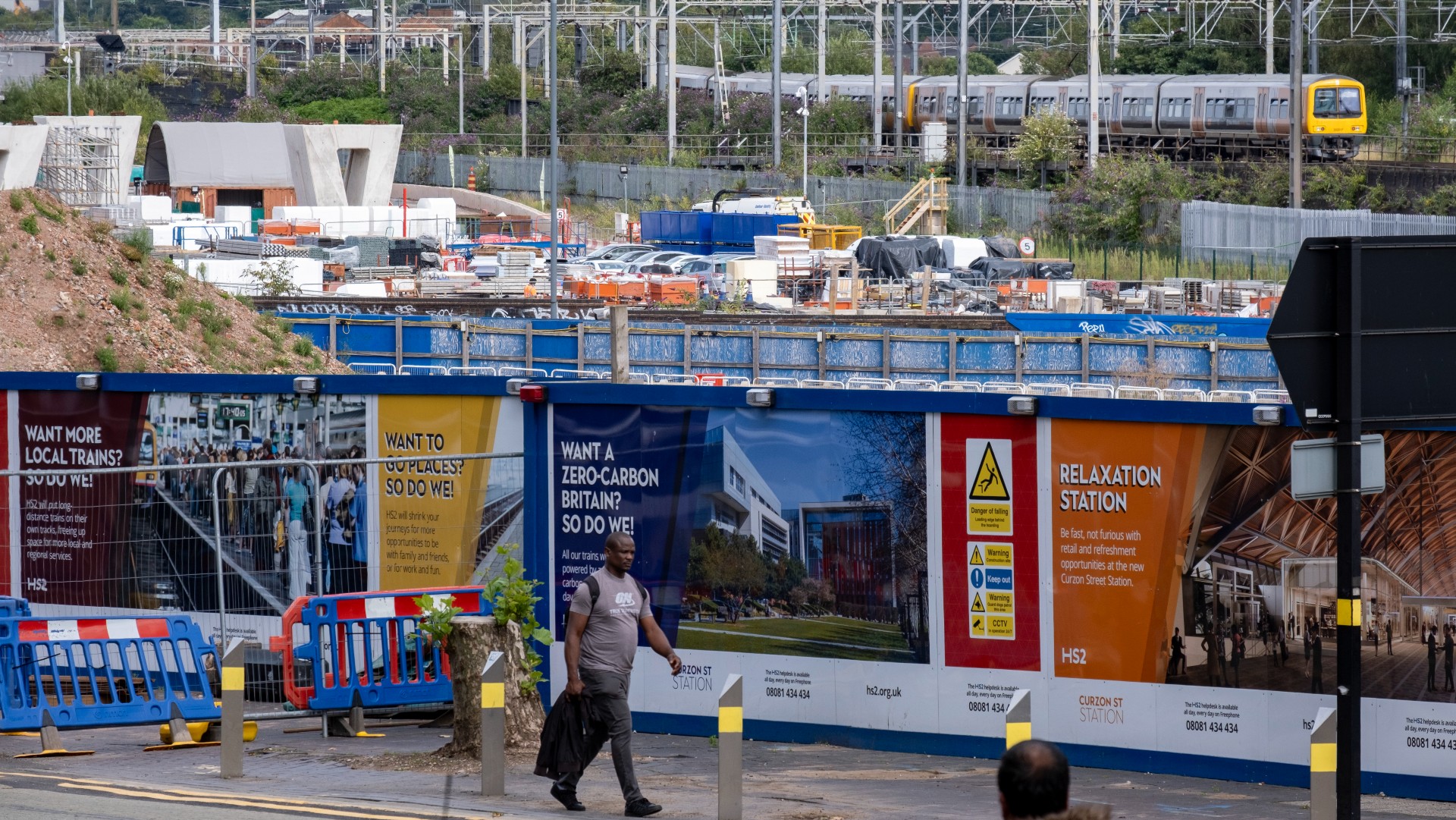 Is Britain’s infrastructure failing?
Is Britain’s infrastructure failing?feature High costs, inflation, policy uncertainty and ‘nimby’ tax have led to ‘dire state’ of UK building projects
-
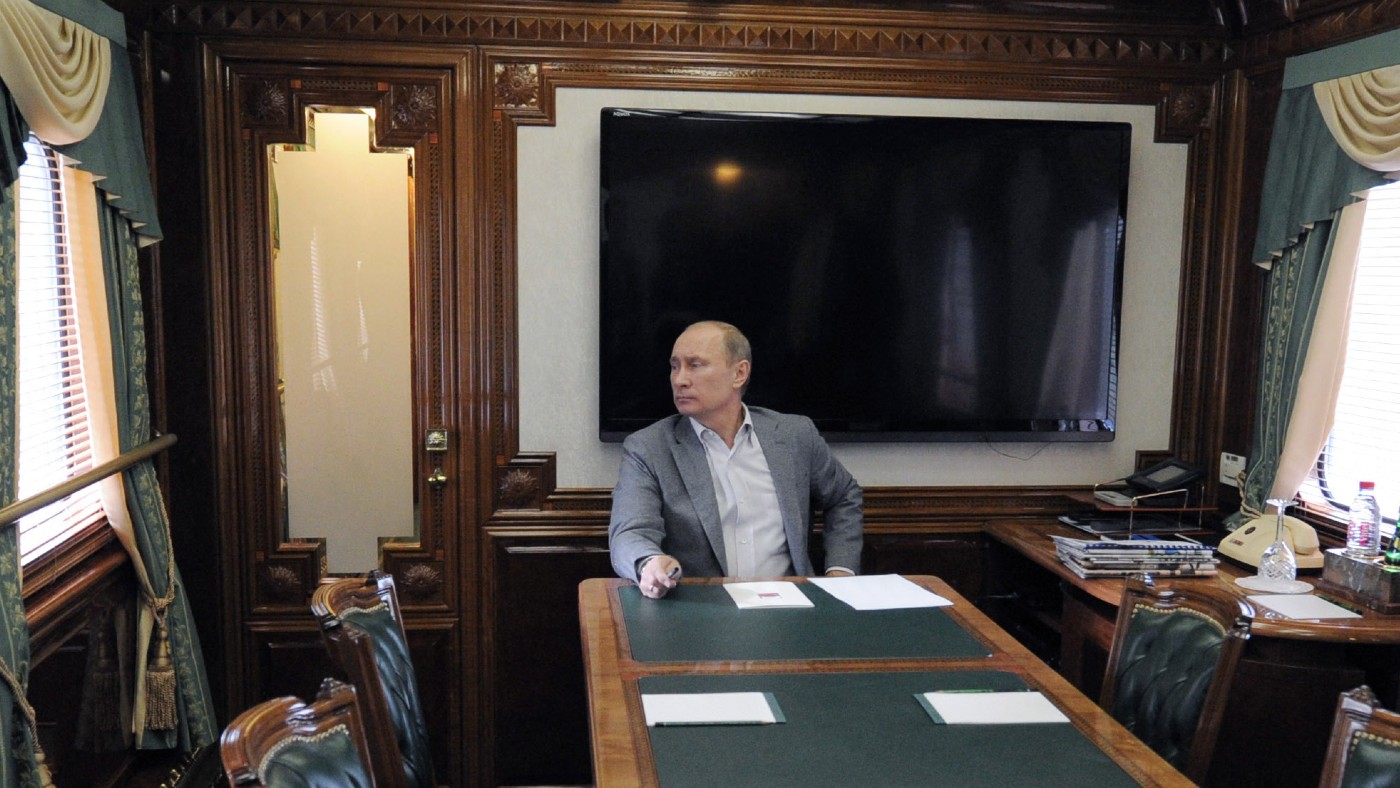 ‘Ghost trains’ and armoured limos: how Vladimir Putin travels in secret luxury
‘Ghost trains’ and armoured limos: how Vladimir Putin travels in secret luxuryUnder the Radar Planes, trains and automobiles make up the Russian president’s fleet of undercover travel options
-
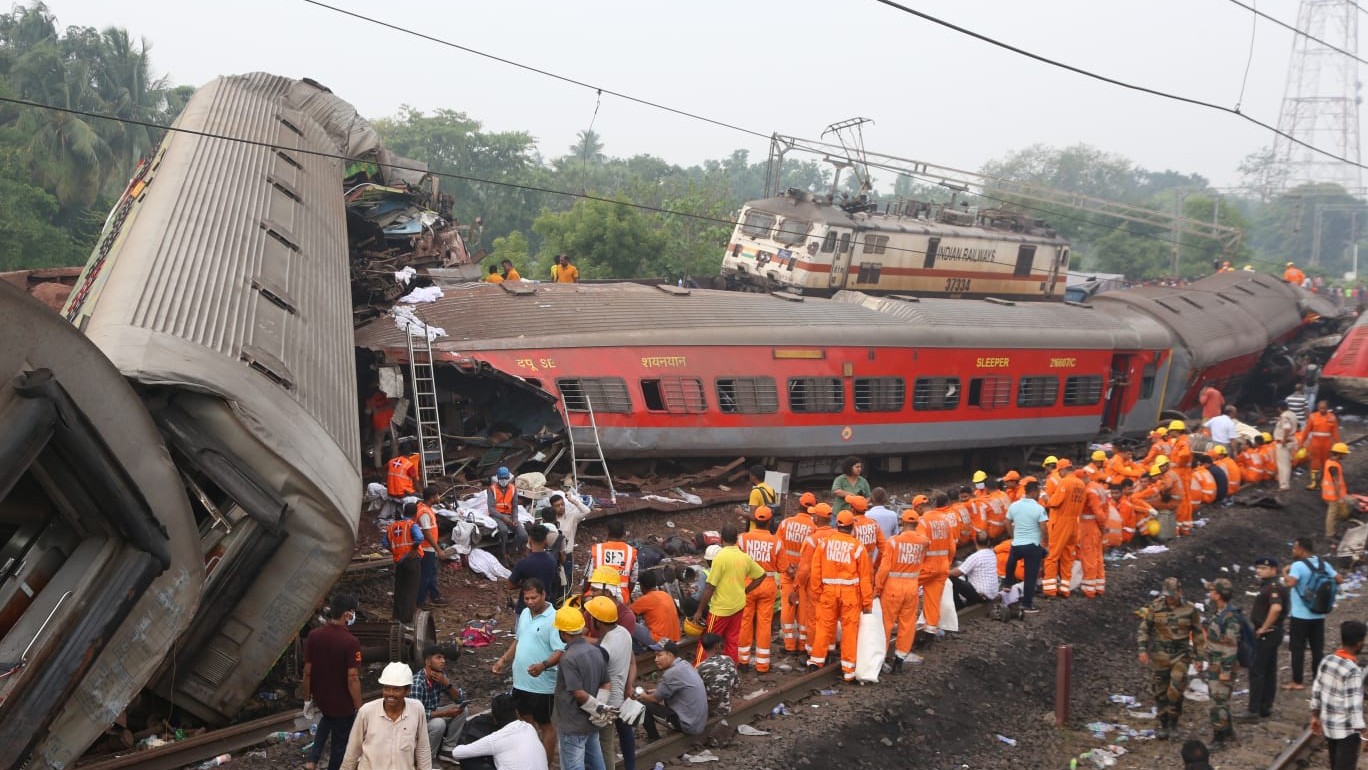 How safe is India’s rail network?
How safe is India’s rail network?feature Narendra Modi’s costly modernisation programme in spotlight after worst train disaster in decades
-
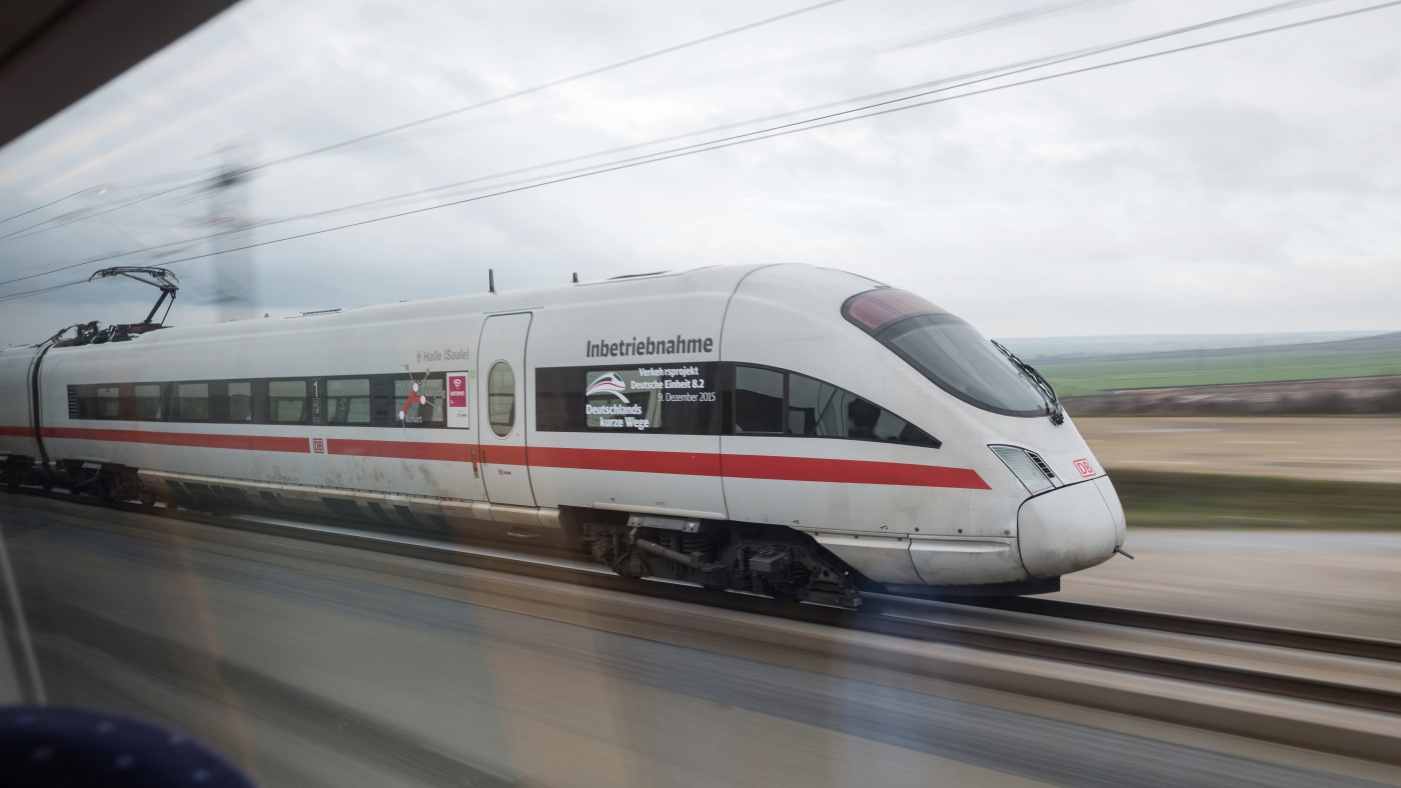 How safe is train travel?
How safe is train travel?feature The Week looks at the safety records of modern railways in Europe, the US and the UK
-
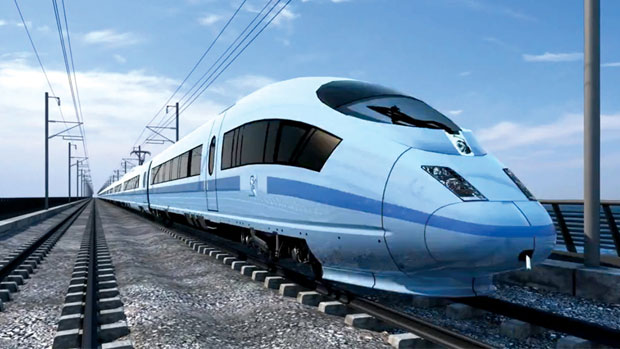 Will HS2 be scrapped and what has it cost so far?
Will HS2 be scrapped and what has it cost so far?In Depth Experts say cutting costs on the controversial high-speed rail project could mean a slower and less regular service linking fewer locations
